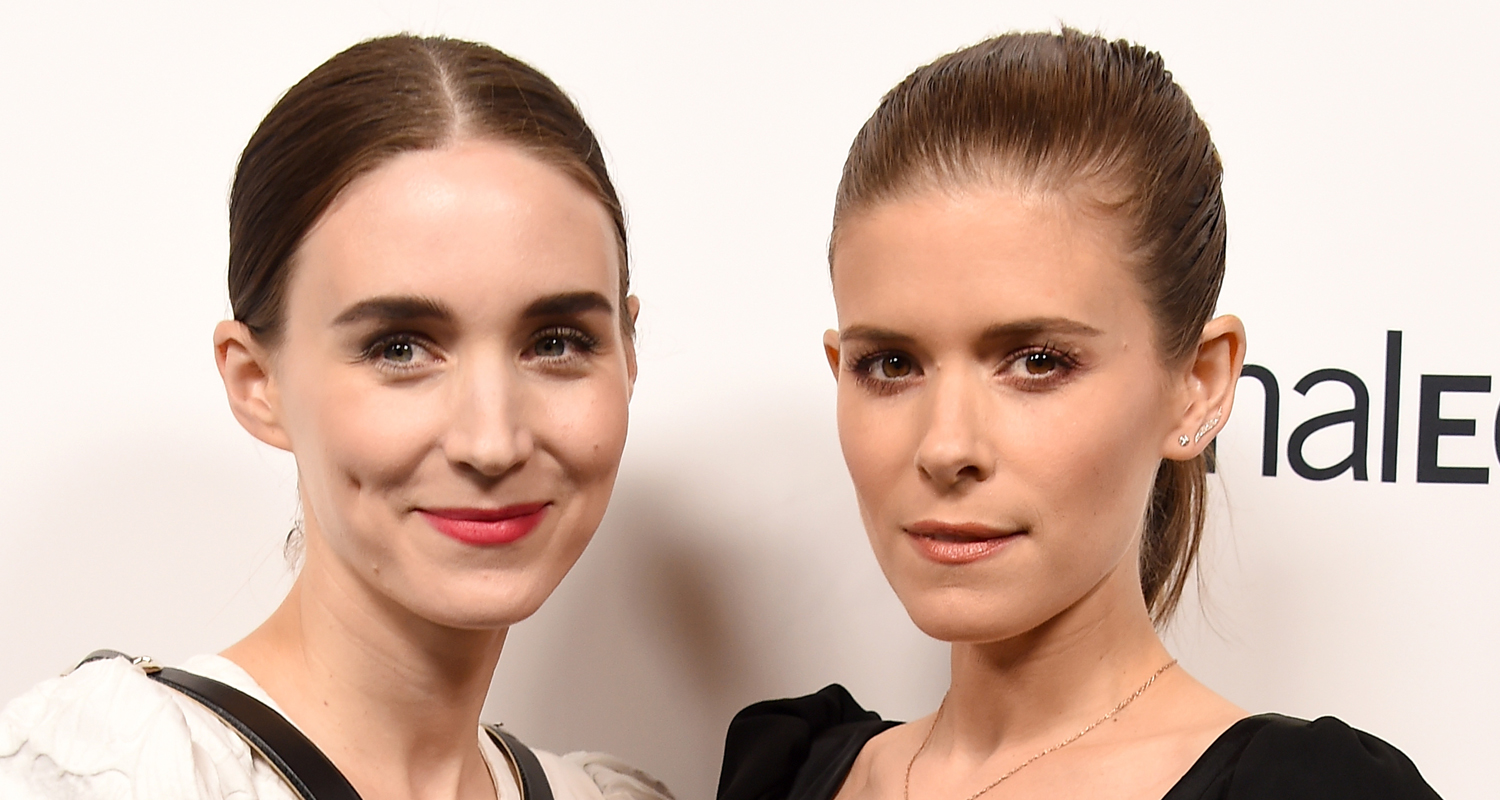ARTICLE AD

“The best antidote for a bad election is a good movie,” Richard M. Nixon once proclaimed, and for many filmgoers this week Conclave helped blot out the political noise. A papal thriller with a shock ending, Conclave’s impact (it’s a film, not a streaming movie) again raises the question of whether serious adult fare can again command a strong market niche.
The setting of Conclave is itself a departure: The Pope is dead. The Vatican’s prayerfully powerful College of Cardinals is locked in its sanctorum, weathering intrigues about a potential new leader.
Directed by Edward Berger (All Quiet on the Western Front), a regally robed cardinal, Ralph Fiennes, struggles to sustain calm in the face of sexual and political challenges raised by Stanley Tucci and John Lithgow, among others.
The Focus Features unit of Comcast (home of Universal, Peacock and NBC) once provided a major dent in the 55-plus market with its support for Downton Abbey. Conclave must now compete with sexier brands like Terrifier, Venom or Heretic and, with awards season at hand, a younger audience may also be drawn to the sexy Cannes winner Anora, or Jesse Eisenberg’s A Real Pain.
If the older demo pays careful attention, it may be daunted by the semi-invisible bow of Clint Eastwood’s latest, Juror #2; the 96-year-old filmmaker’s last (?) opus seems destined for streamerville. Then there’s Here from Robert Zemeckis, which stars Tom Hanks and Robin Wright marooned on a challenging one-room set. It’s proponents seem muffled.
To veteran analysts, this post-Trumpian dynamic (?) harkens to the Watergate Nixon era, when Hollywood denizens seemed benumbed by the convulsions of Washington politics. The audience of that moment had to confront a succession of apocalyptic events: chaos in political parties, assassinations of Robert F. Kennedy and Martin Luther King Jr, and the abrupt resignation of Golda Meir.
Hollywood itself, on the other hand, was experiencing a resurgence of “serious” fare like Network, The Candidate and All the President’s Men — films that not only filled theaters but served as a reality anchor for the cinematic audience.
The decisions of award season, to be sure, will play a role in determining the destiny of today’s “older audience” films. Further, will an ailing film industry mobilize projects of substance to meet this incipient demand?
And that, of course, relates to the majors’ distribution strategies: Will studios follow Focus’ lead in awarding prime time in theaters to a wary older demo?
Overall, adult dramas are expected to generate $1.6 billion in worldwide box office this year from 38 wide-release films, versus $1.9 billion a year earlier from 27. Totals this year are being dented by disappointing returns of movies from Francis Ford Coppola, Kevin Costner and, of course, Eastwood — and the absence of an Oppenheimer.
Even President Nixon might have been daunted given his post-Watergate leisure time. He preferred war movies anyway.

.png) 2 months ago
44
2 months ago
44 

